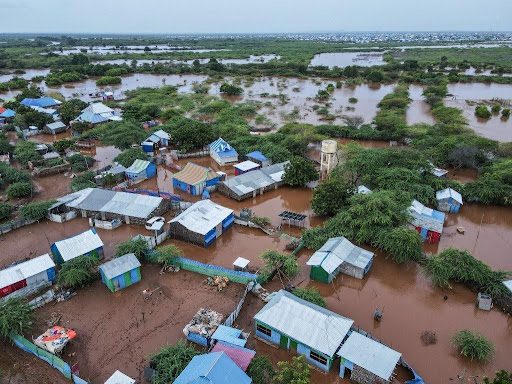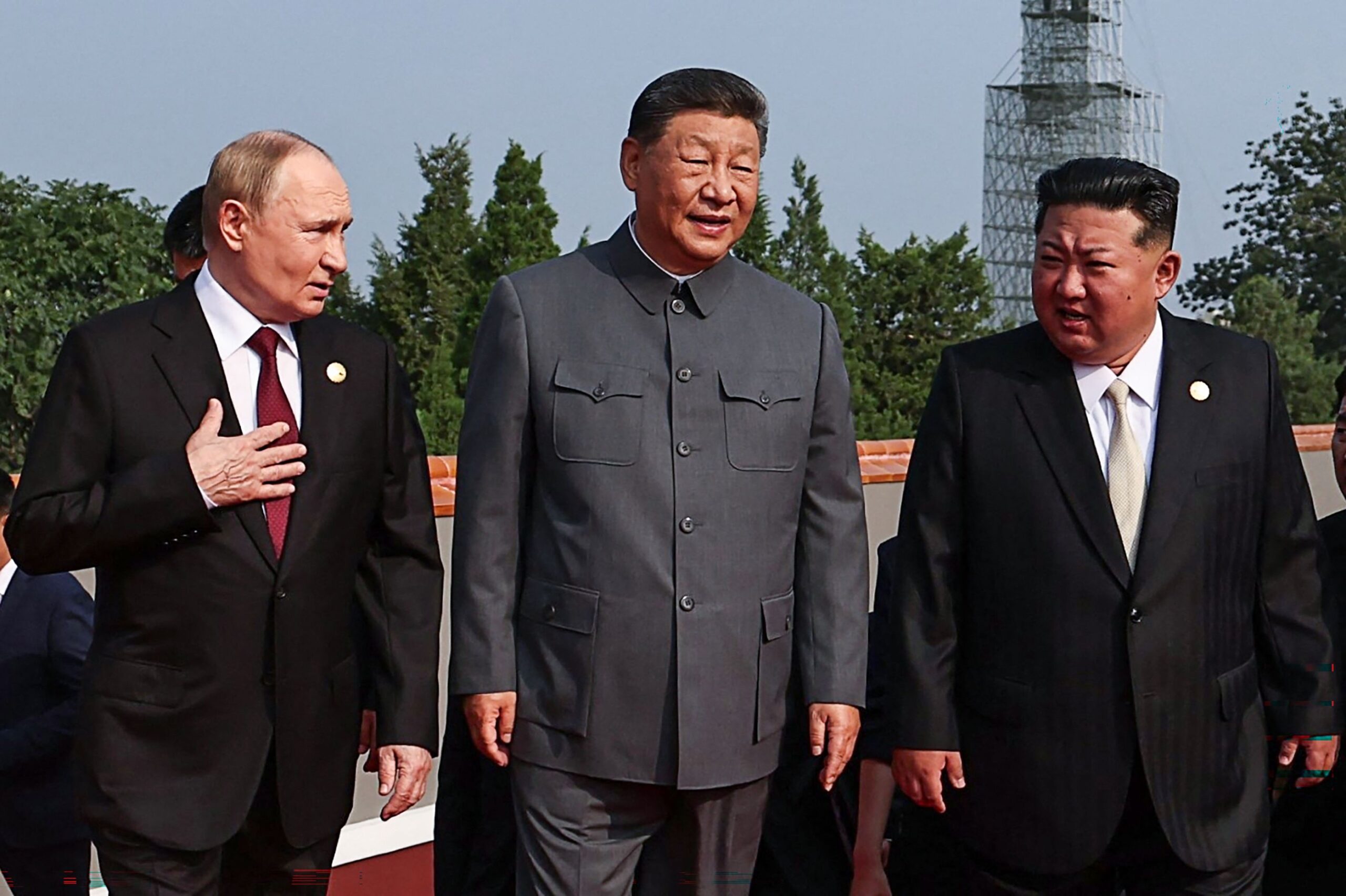

The economic policies of Donald Trump’s presidency (2017-2021) were marked by bold moves, but they also exposed significant flaws. Tax cuts for the wealthy, aggressive trade wars, and unchecked deregulation prioritized short-term gains over long-term stability. While Trump’s presidency saw job growth and economic expansion before the pandemic, it also deepened income inequality, environmental degradation, and global economic instability. These lessons are relevant for Africa, where economic growth needs to be inclusive, sustainable, and resilient in the face of external shocks.
Trump’s Tax Cuts and Jobs Act of 2017 reduced the corporate tax rate from 35% to 21%, primarily benefiting the wealthiest individuals and large corporations. This policy temporarily boosted corporate profits and the stock market, but it did little to address income inequality. For Africa, the lesson is clear: tax cuts should not come at the expense of equitable growth. Tax policies must focus on broader investments in infrastructure, education, and healthcare to ensure the benefits of growth are shared more evenly across society.
Trump’s deregulatory agenda, which rolled back environmental protections and financial regulations, was intended to reduce business costs and boost growth. In the short term, it worked—businesses expanded, and the stock market soared. However, this came at the cost of long-term environmental and financial stability. For Africa, the message is that deregulation should not come at the expense of responsible governance. Africa must strike a balance between fostering business growth and safeguarding its natural resources and public welfare.
Trump’s economic policies led to job creation, with unemployment reaching record lows, but the jobs created were often low-wage and insecure. The COVID-19 pandemic exposed the fragility of the U.S. job market, with millions of jobs lost during the crisis. For Africa, the key takeaway is that job growth must be sustainable and inclusive. African governments should focus on creating quality jobs, improving vocational training, and addressing the informal economy to ensure long-term employment opportunities.
Trump’s trade policies, particularly tariffs and trade wars, led to disruptions in global supply chains and harmed global economic relationships. For Africa, this emphasizes the importance of regional trade. The African Continental Free Trade Area (AfCFTA) offers a chance to reduce reliance on volatile global trade dynamics and strengthen intra-continental trade. Africa must prioritize internal economic integration over protectionism, building stronger regional ties and reducing dependency on external markets.
The COVID-19 pandemic highlighted the vulnerabilities of the global economy, including the U.S. economy, which saw a sharp contraction. The U.S. government’s response—massive stimulus packages—provided temporary relief, but did not address the systemic weaknesses exposed by the crisis. Africa, too, was hit hard by the pandemic, which revealed the fragility of economies that rely on raw material exports. The lesson is that African economies must diversify and build resilience to external shocks. This includes strengthening social safety nets, diversifying industries, and investing in sustainable development.
One of the most glaring flaws of the Trump economy was the exacerbation of income inequality. The tax cuts and deregulation disproportionately benefited the wealthy, while the working class saw few benefits. For Africa, this is a warning: rapid economic growth without addressing inequality can lead to political instability and social unrest. African leaders must focus on reducing the wealth gap by investing in inclusive growth strategies and ensuring that the benefits of economic development reach all citizens.
The Trump economy ultimately exposed the risks of focusing on short-term political victories rather than long-term economic sustainability. For Africa, the lesson is clear: economic policies must prioritize governance, sustainability, and inclusivity. While Africa cannot adopt the Trump model, it can learn from its mistakes. By focusing on education, healthcare, infrastructure, and regional trade, Africa can build an economy that benefits all its citizens, rather than just the wealthy few.
Trump’s economy serves as a cautionary tale. It highlights the dangers of policies that favor the few at the expense of the many. Africa has the opportunity to chart its own course—one that values long-term, equitable growth. By learning from the mistakes of the Trump era, African nations can avoid the pitfalls of inequality and build a more stable, resilient, and prosperous future.


